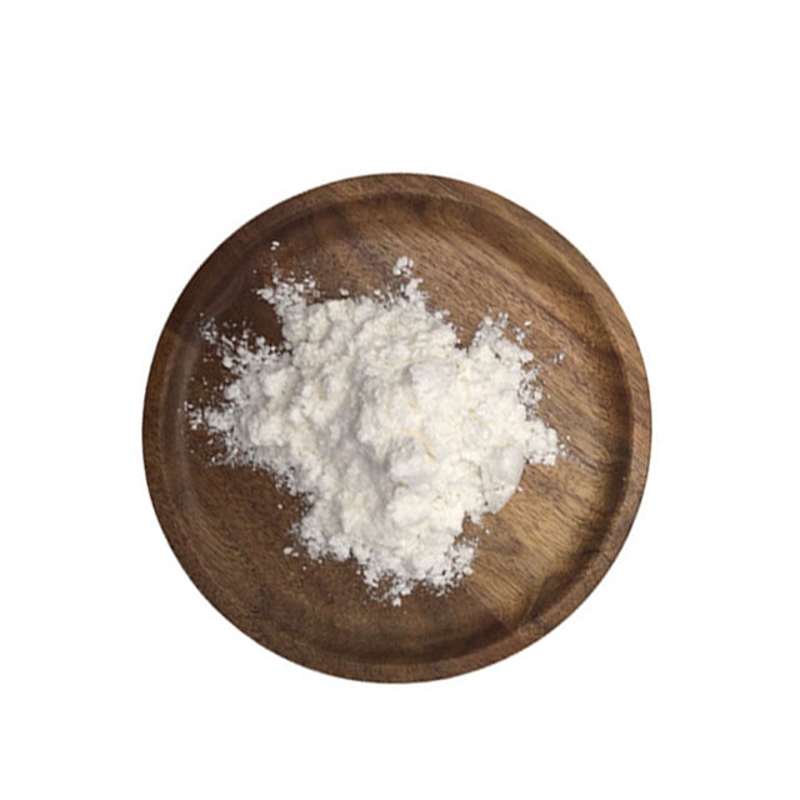-
Categories
-
Pharmaceutical Intermediates
-
Active Pharmaceutical Ingredients
-
Food Additives
- Industrial Coatings
- Agrochemicals
- Dyes and Pigments
- Surfactant
- Flavors and Fragrances
- Chemical Reagents
- Catalyst and Auxiliary
- Natural Products
- Inorganic Chemistry
-
Organic Chemistry
-
Biochemical Engineering
- Analytical Chemistry
- Cosmetic Ingredient
-
Pharmaceutical Intermediates
Promotion
ECHEMI Mall
Wholesale
Weekly Price
Exhibition
News
-
Trade Service
Diagnosis and screening methods for colorectal cancer (CRC) include fecal occult blood test (FOBT), serum carcinoembryonic antigen (SCEA), sigmoidoscopy and colonoscopy, each of which has advantages and disadvantages
.
Randomized controlled trials have shown that FOBT can reduce CRC mortality by 15-33%
Diagnosis and screening methods for colorectal cancer (CRC) include fecal occult blood test (FOBT), serum carcinoembryonic antigen (SCEA), sigmoidoscopy and colonoscopy, each of which has advantages and disadvantages
guide
This is a retrospective study that retrospectively analyzed prediagnostic serum carcinoembryonic antigen (SCEA) and fecal occult blood test (FOBT) levels in 212 intestinal disease group (IDG) patients and 224 control patients
.
FCEA levels in all study groups were measured using an electron chemiluminescence immunoassay
immunity
The results showed that FCEA had low sensitivity (50%) and high specificity (93.
91%) for the diagnosis of IDG, and the area under the curve (AUC) value was 0.
781
.
In APC, asymptomatic CRC, and APC + CRC stage I patients, the AUC of FCEA was higher than that of SCEA to diagnose APC and CRC
Figure: Diagnostic efficiency of fecal carcinoembryonic antigen
The authors of the above studies confirmed that FCEA is a favorable diagnostic marker for intestinal diseases, especially in patients with APC, asymptomatic CRC, and "double-negative" or "triple-negative" CRC
.
.
Original source:
Linfang Li.
Superiority of fecal carcinoembryonic antigen as diagnosis marker for adenomatous polyposis coli and asymptomatic colorectal cancer.
Leave a Comment







